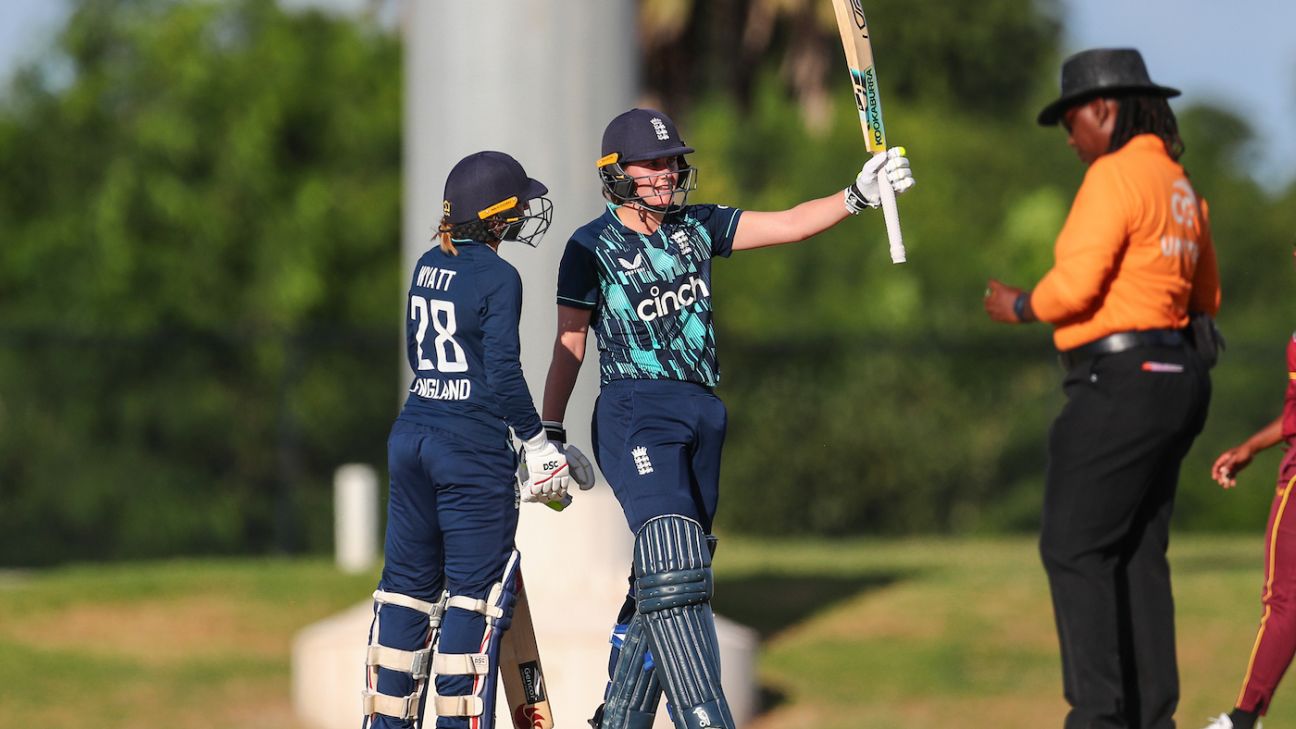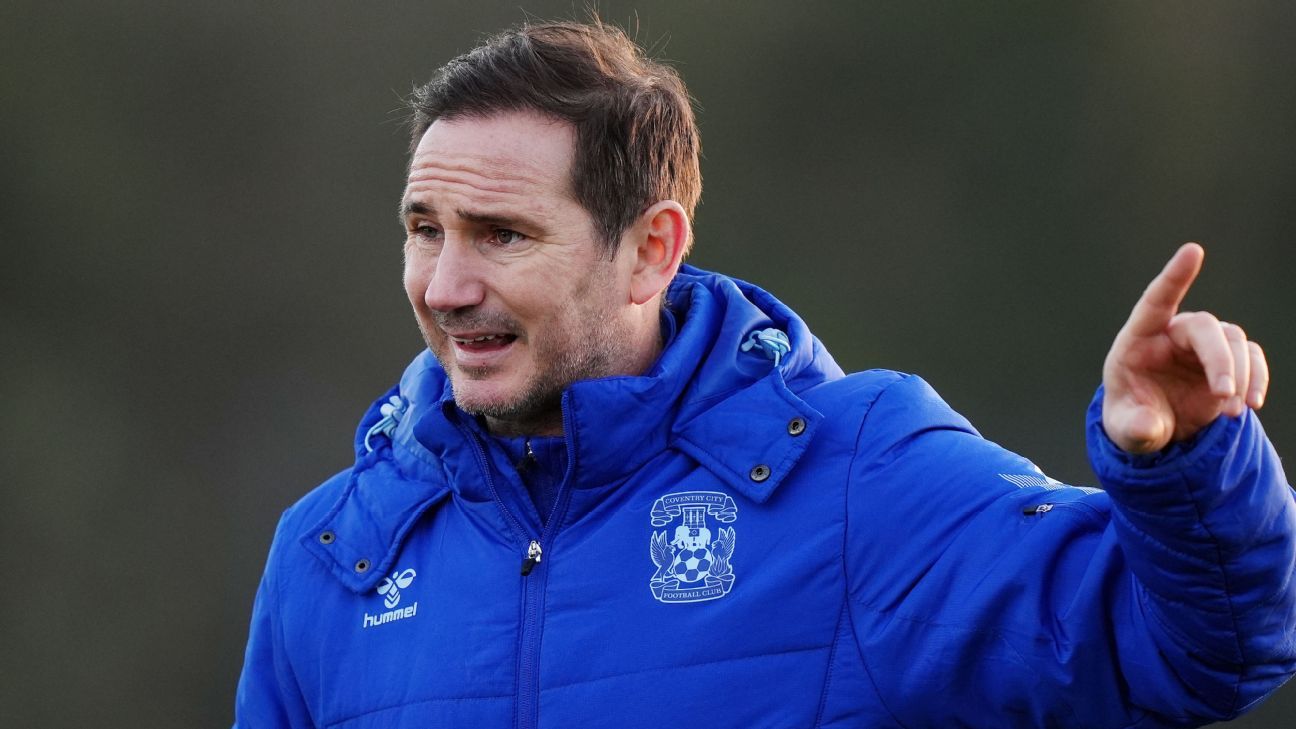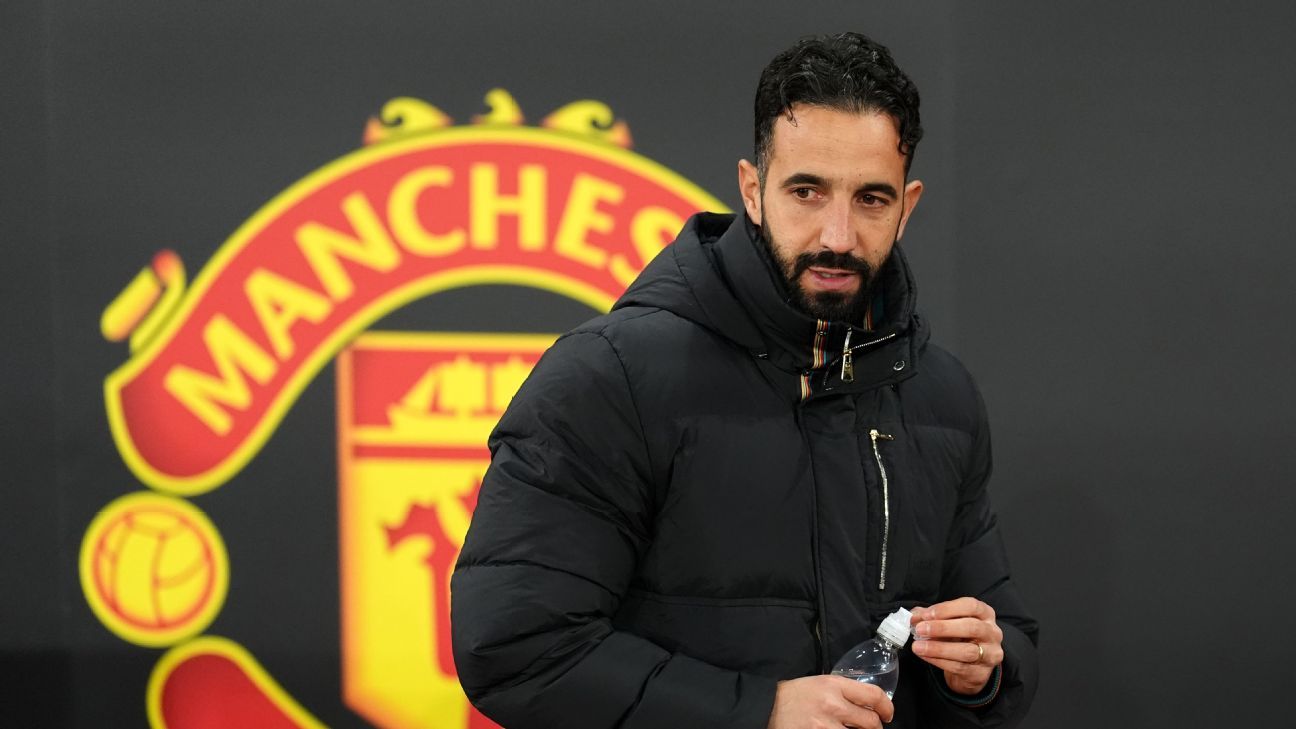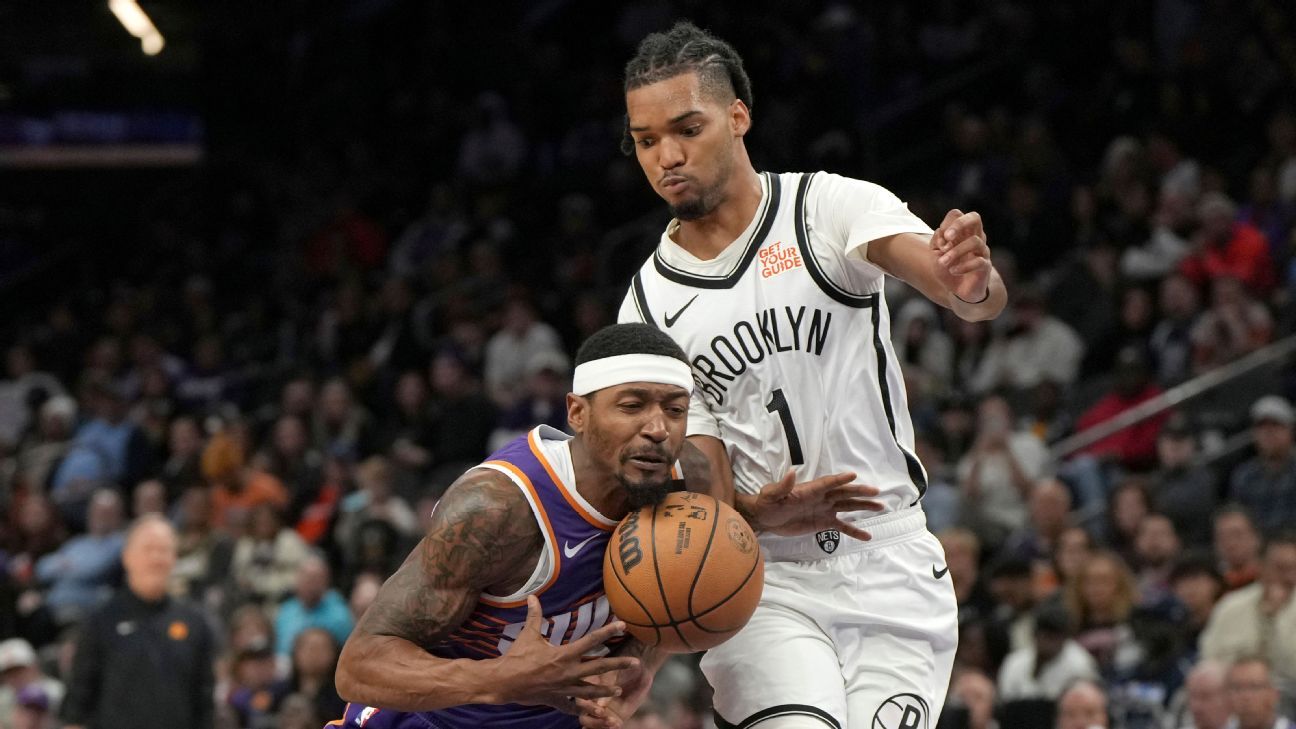
Sciver produced a Player-of-the-Match performance on her comeback from a three-month break to care for her mental health and wellbeing, as England defeated West Indies by a whopping 142 runs in their first of three ODIs in Antigua, and announced that she felt happy and comfortable again.
"It's a tricky one because obviously, as an athlete representing your country, you don't want to miss out on anything," Sciver said. "You never want to say no to something. You don't want to miss a training session. You don't want to miss a trip.
"Between tours, we have periods where you can have time off and things like that, but there's always a bit of cricket in the back of your mind, knowing that you're going to be back in three weeks, four weeks, whatever it is. You need to get back to be in a fairly okay physical state and ready to be training again.
"But I think I just got into a place where I didn't utilise these days, weeks, because I didn't have the motivation to do things away from cricket. I just had poured all of my energy into that and wasn't able to spare anything. I guess that's why it all got to a bit of a boiling point for me. That's why it's so important to take the time when you can get away from cricket when you can, to create a bit more longevity in your sport."
Having taken the decision to step back, Sciver hopes that she won't have to again. Longer term, she expects England Women's talent pool to deepen which, in turn, will mean more players being able to tour. It's not an unrealistic prospect, given that England handed international debuts this summer to teenagers Alice Capsey and Freya Kemp, as well as seamers Issy Wong and Lauren Bell, aged 20 and 21 respectively, all of whom have made instant marks on the side.
And while Sciver's ability to say that she needed a break is a positive thing, in the shorter term she has developed a plan she hopes will prevent that need from arising again.
"I had a chance to think about that whilst I was off and put it into practice whilst we've been training at home," she said. "For me it was about getting regular contact with someone, either our team psychologist or just the medical staff that have been around our group for a long time, who are part of our wellbeing tea, and catching up with them and making sure I'm voicing things.
"Because my character is so sort of steady and there's not huge highs and lows about me, it can be quite difficult to, I guess, read when I'm not doing so well. But I guess that's something that I've been working on for a while and we'll continue to do that. I guess it's about recognising, or trying to recognise, when something's not right and making sure I get to that early.
"Then just being able to do things away from cricket. Obviously I won't have loads of time in a row to do things away from cricket but making sure I'm ticking things off, a little thing every day, and making time for myself as well.
"So far, so good, but we'll see how it goes. I don't want to get to a place where I have to take time off again, so I'm doing everything I can."
And while she has stood down from the vice-captaincy for the West Indies tour, which continues with ODIs on Tuesday and Friday before five T20Is, Sciver remains part of the team's off-field leadership group, with captain Heather Knight, acting deputy Amy Jones and senior spinner Sophie Ecclestone.
With the T20 World Cup coming up in South Africa in February, Sciver admitted it was hard to know when would be the right time to return to a leadership role in an official capacity.
"Playing my first game I wasn't sure how I was going to feel or react," Sciver said. "I want to use this trip to get back to enjoying my cricket and being able to express myself on the pitch, as I have done in the past. Having that leadership title was something that I was keen not to be part of, and just try to focus on myself for this trip."
Valkerie Baynes is a general editor at ESPNcricinfo















 Phone: (800) 737. 6040
Phone: (800) 737. 6040 Fax: (800) 825 5558
Fax: (800) 825 5558 Website:
Website:  Email:
Email: 






